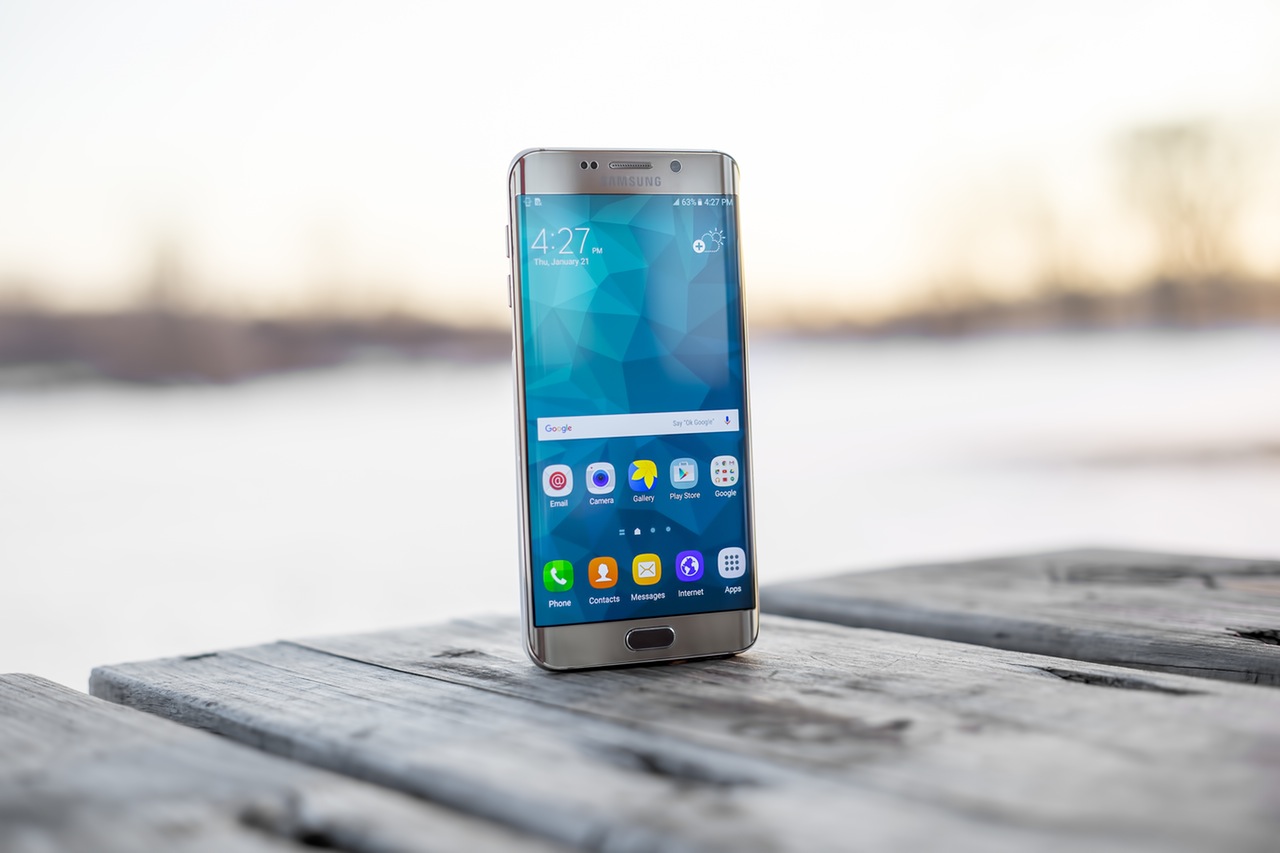The increase in access to mobile phones that has taken place globally in recent years is having a profoundly transformative effect on developing nations all over the world. Much more than just tools for staying in touch with family and friends, mobile phones are being used in an incredible range of different ways to help previously underserved people and communities significantly improve their quality of life. Read on for a look at some of the areas in emerging economies where mobile phones are powering life-changing initiatives.
Money and finance
 Mobile banking and money programs, like My Money from Afghan Wireless, are among the best-known mobile-based innovations. These programs provide people who never had the opportunity to be part of the traditional banking system with the fundamentals of a financial education, as well as the tools to perform simple but essential financial tasks like putting aside savings, paying merchants, and sending money to family members. Thanks in large part to the introduction of mobile banking platforms, the World Bank estimates that, between 2011 and 2014, there was a 20% drop in the number of unbanked people worldwide.
Mobile banking and money programs, like My Money from Afghan Wireless, are among the best-known mobile-based innovations. These programs provide people who never had the opportunity to be part of the traditional banking system with the fundamentals of a financial education, as well as the tools to perform simple but essential financial tasks like putting aside savings, paying merchants, and sending money to family members. Thanks in large part to the introduction of mobile banking platforms, the World Bank estimates that, between 2011 and 2014, there was a 20% drop in the number of unbanked people worldwide.
Governance
The instant connectivity that mobile phones offer allows governments and NGOs working in developing nations to get critical real-time information from citizens on how to resolve the problems that affect them. UNICEF, for example, operates a program called “U-Report” which regularly polls 1 million members in 15 countries by text message and works to put into action the information and opinions it receives. When an entrepreneurship grant that had been set up in Uganda wasn’t receiving any applications, for instance, a U-Report poll revealed that the school diploma requirement was a barrier for many potential applicants. Thanks to this information, the requirement was removed and applications poured in.
Mobile phones can also help citizens have a voice, quite literally, in their own governance. In 2014, Libya made history by introducing the world’s first-ever mobile voter registration system for their parliamentary elections, thus helping to remove some of the obstacles, such as security issues and lengthy travel, that would have prevented many eligible voters from registering. The system, which was designed in just six months by a staff of 20 people working with open-source tools, was usable both within Libya and by the 800,000 people of the Libyan diaspora living outside the country’s borders.
Agriculture
Subsistence farmers in developing economies often live in a precarious state, constantly at risk from changing conditions in the weather, the markets, and the environment. Mobile phone programs help provide these individuals with information and other valuable tools that can give them more agency and control over their situation. In Kenya, for example, a company called Green Dreams Tech created a unique text messaging-based service called iCow, which helps  farmers track their cows’ fertility cycles and overall health. This information allows them to build healthier, more productive herds. The same company also offers Best Mbegu for You (“Best Seeds for You”), which uses text messaging to help farmers determine which seeds would grow best in their region and where they can buy them.
farmers track their cows’ fertility cycles and overall health. This information allows them to build healthier, more productive herds. The same company also offers Best Mbegu for You (“Best Seeds for You”), which uses text messaging to help farmers determine which seeds would grow best in their region and where they can buy them.
Yet another example comes from Kenya at harvest time, when an excess supply of grain means that prices are at their lowest. Unfortunately, most smallholder farmers do not have the option of waiting till prices improve before they can sell to traders, as they do not usually have access to large grain warehouses or proper storage practices. To address this problem, the Grameen Foundation and Farm Concern International teamed up with USAID to develop an integrated, mobile-enabled system targeting smallholder maize farmers. The system, known as E-Warehouse, gives farmers access to proper crop storage and management, connects them with financial institutions where they can receive partial advances against their stored crop’s value, and puts them in touch with markets to conclude the final sale of their crop when prices have rebounded.
Health
Access to life-saving medication is a vital issue in developing nations, but just as important as the medication itself is the information on how to use it properly. Staying on track with treatment is a challenge for people living with HIV and AIDS in Mozambique, where the average retention rate is just 72% after 12 months of anti-retroviral therapy. However, when the British non-profit organization Absolute Return for Kids began using mobile messaging to send patients reminders about upcoming appointments and when to take their medication, the retention rates jumped to 85% after 12 months of treatment.
Pregnancy and maternity care is another critical health care issue for most emerging economies, and mobile messaging is making a big difference here as well. In 2009, the Grameen Foundation and Ghana Health Service joined forces to improve the quality of prenatal and neonatal care in Ghana through the Mobile Midwife app, which sends pregnant women, new mothers, and their families time-specific information and advice in their own language every week. A second app, the Nurses Application, allows community nurses to collect and centrally upload patient data to allow for better tracking of patient care and to identify mothers and babies who are due for follow-up appointments.

